NOTICE TO THE BAR
In response to the ongoing COVID-19 public health emergency, the New Jersey Judiciary is implementing all possible measures to apply social distancing in current court operations, consistent with the recommendations of the New Jersey Department of Health and the Centers for Disease Control. To that end, the Judiciary has transitioned to a court system in which many matters are proceeding via video or telephone during the COVID-19 coronavirus pandemic. Because this need may continue for many months based on current information, Megan’s Law proceedings should be conducted remotely by video or telephone for public safety and notification to the public about sex offenders. Therefore, I am issuing the attached guidance for judges to consider when deciding which Megan’s Law proceedings can be handled remotely by video or telephone during this COVID-19 crisis.
In making this determination, Megan’s Law judges and designated court staff should work with their Megan’s Law prosecutors and public defenders to review all cases pending judicial review. Private counsel should also be consulted, as matters with defense counsel for the most part should be able to proceed remotely by video or telephone. However, cases with expert testimony may need to be adjourned on a case-by-case basis at the court’s discretion. Where the registrant can only participate remotely by phone, the court should obtain the consent of the parties before conducting the hearing. Cases with registrants who do not have access to telephones, computers, or other electronic devices will need to be adjourned at this time. Alternatively, defense counsel may indicate that the matter can proceed because the registrant has waived the right to be present.
For pro se matters, court staff will need to work with the prosecutor’s office to obtain the registrant’s contact information to send the notices for the scheduled court date. Depending on local practices, the prosecutor’s office may be responsible for providing this information. In those counties, court staff should confirm that notices were sent by the prosecutor’s office, and whether there was a response by the registrant.
Additionally, court staff are responsible for providing the parties with the information on the technology that will be used for the remote proceeding (the link and the instructions to participate remotely via video or phone). The preferred technology for these proceedings is Microsoft Teams.
Any questions regarding Directive #16-20 may be directed to Assistant Director Sue Callaghan (Criminal Practice Division) via email at sue.callaghan@njcourts.gov or by phone at 609-815-2900 ext. 55300.
Directive #16-20 – _Guidance for Megan’s Law Proceedings During the COVID-19 Pandemic.pdf

